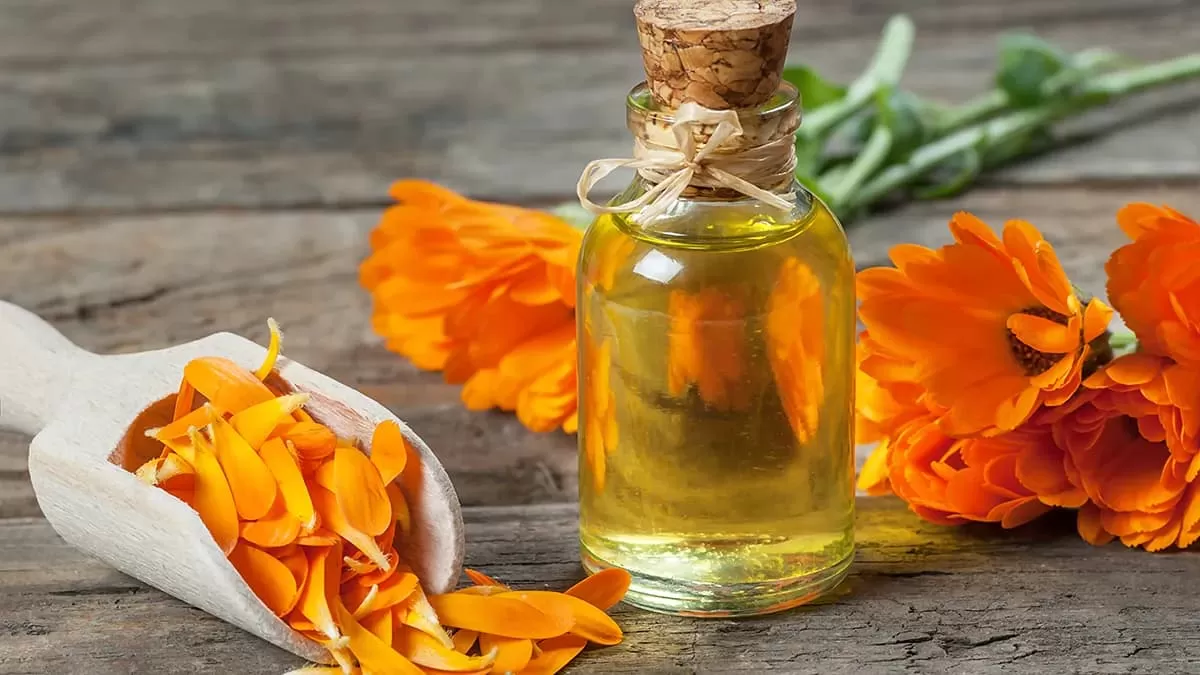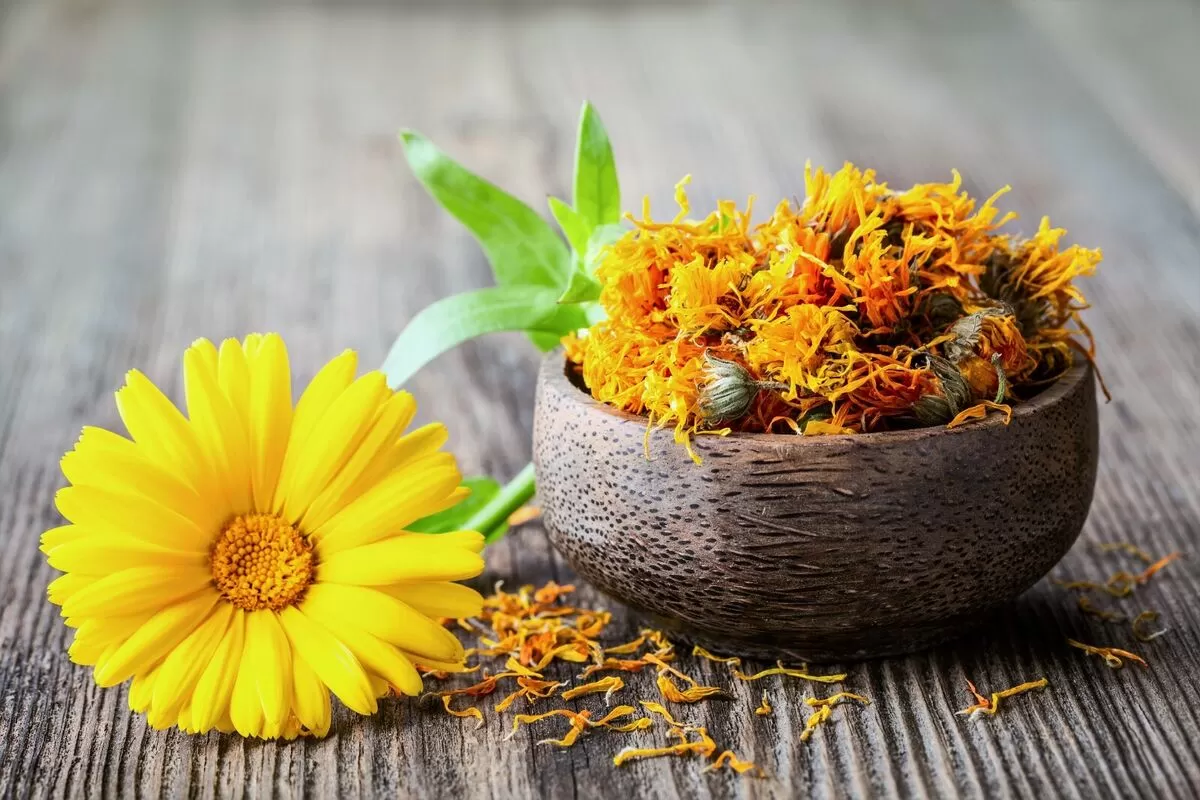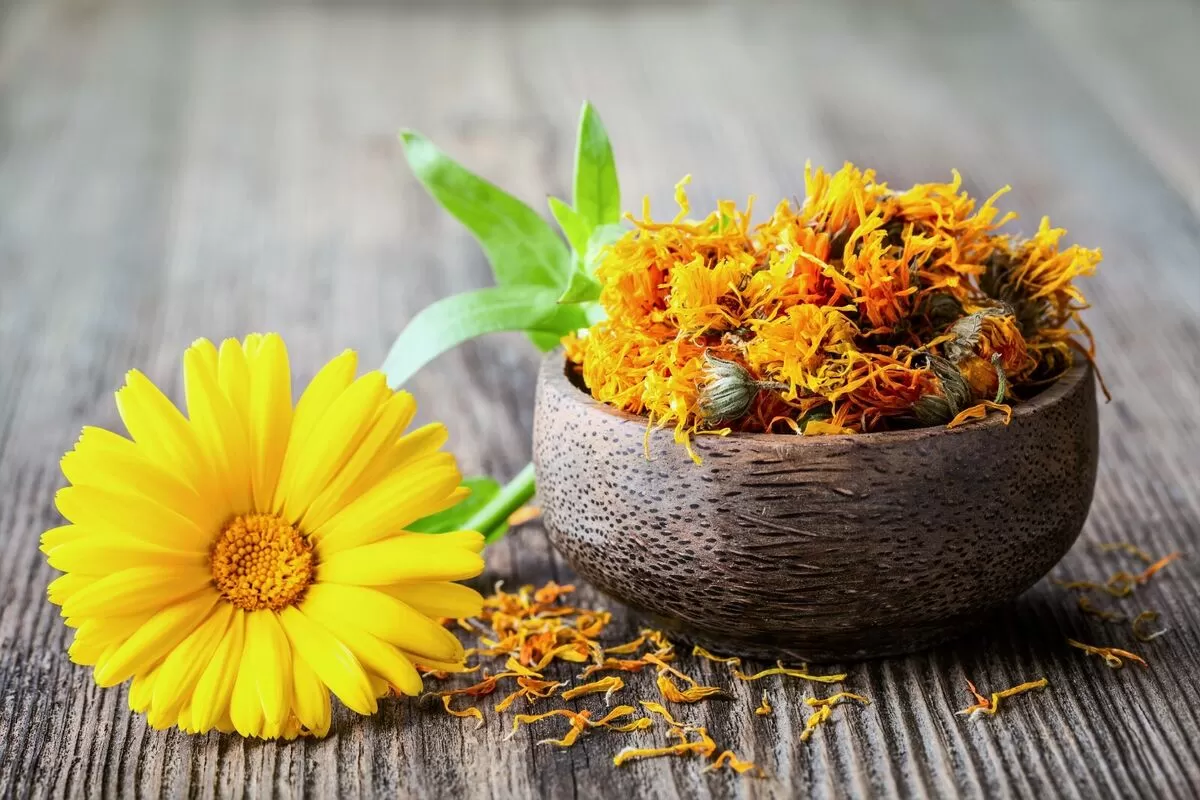- 0086-571-85302990
- sales@greenskybio.com
Is marigold good for inflammation?
2025-03-23
Marigold, a bright and vibrant flower, has long been admired for its beauty, but it is also renowned for its potent medicinal properties, particularly its ability to combat inflammation. Used extensively in traditional medicine practices around the world, marigold contains active compounds that contribute to reducing inflammation and promoting healing. This article explores the anti-inflammatory benefits of marigold, examining its effectiveness, applications, and implications for modern health practices.
Understanding Inflammation
Inflammation is a biological response to harmful stimuli, such as pathogens, damaged cells, or irritants. It is an essential part of the body's defense system, helping to eliminate threats and initiate tissue repair. However, chronic inflammation can lead to various health issues, including arthritis, cardiovascular diseases, and autoimmune disorders. Managing inflammation is crucial for maintaining overall health and preventing the progression of these conditions.
Marigold's Anti-inflammatory Components
Marigold, scientifically known as Calendula officinalis, is rich in compounds that exhibit strong anti-inflammatory properties. These include flavonoids, triterpenes, carotenoids, and essential oils, which work synergistically to mitigate inflammation and promote healing.
Flavonoids
Marigold contains flavonoids, which are powerful antioxidants capable of scavenging free radicals. Free radicals contribute to oxidative stress, exacerbating inflammation. By neutralizing these reactive molecules, flavonoids help reduce oxidative damage and inflammation.
Triterpenes
Triterpenes found in marigold possess anti-inflammatory effects by inhibiting pro-inflammatory mediators. These compounds modulate inflammatory pathways, reducing the production of cytokines and enzymes responsible for inflammation.
Carotenoids
Carotenoids contribute to marigold's bright coloration and have antioxidant and anti-inflammatory properties. They help stabilize cell membranes and protect tissues from inflammatory damage.
Essential Oils
Marigold essential oils contain bioactive compounds that provide antimicrobial benefits and support the reduction of inflammation. These oils further enhance marigold's healing properties when applied topically.
Applications of Marigold for Inflammation
Marigold's therapeutic potential extends to various health applications, particularly in inflammation management. It can be used in different forms, including topical applications, herbal infusions, supplements, and as an ingredient in skincare products.
Topical Applications
Marigold ointments and creams are widely used to treat skin inflammation and irritation. Conditions such as eczema, psoriasis, insect bites, and minor burns can benefit from marigold's soothing and anti-inflammatory effects. The compounds in marigold help accelerate wound healing, reduce pain, and minimize swelling.
Herbal Infusions
Infusions or teas made from marigold flowers are traditionally consumed to alleviate internal inflammation. They can be used to support digestive health, relieve stomach discomfort, and address inflammatory gut conditions. Marigold tea provides a gentle and natural approach to managing inflammation from within.
Supplements
Marigold Extract is available in supplement form, offering concentrated doses of its anti-inflammatory compounds. These supplements can support systemic inflammation management, providing a complementary approach for individuals dealing with chronic inflammatory conditions.
Skincare Products
Marigold's anti-inflammatory properties make it a favored ingredient in natural skincare formulations. Creams, balms, and lotions containing Marigold Extract can help calm irritated skin, reduce redness, and support overall skin health.
Scientific Evidence Supporting Marigold's Effects
Research studies have explored marigold's anti-inflammatory activities, providing scientific backing for its traditional uses. Key findings have demonstrated marigold's effectiveness in reducing inflammation across various applications:
Skin Healing
Studies have shown Marigold Extract to improve wound healing and reduce inflammation in skin wounds. It accelerates the healing process by promoting collagen production and tissue regeneration.
Joint Health
Animal studies have suggested that marigold extract may alleviate symptoms of arthritis, reducing joint inflammation and improving mobility.
Gut Health
Research indicates that marigold infusions can soothe gut inflammation and improve digestive health, supporting its use in treating gastrointestinal disorders.
Considerations and Usage
While marigold exhibits promising anti-inflammatory benefits, certain considerations are essential for safe usage:
Allergies
Individuals with allergies to plants in the Asteraceae family, such as daisies or chrysanthemums, should exercise caution. Patch testing is recommended before using marigold products on the skin.
Dosage
For supplements, following recommended dosages is crucial for safety and effectiveness. Consultation with healthcare professionals can guide appropriate usage.
Pregnancy and Lactation
Limited research on marigold's safety during pregnancy and lactation advises consulting healthcare providers before use.
Conclusion
Marigold stands out as a valuable natural remedy for managing inflammation, offering a multifaceted approach to health and healing. With a wealth of anti-inflammatory compounds, marigold provides therapeutic benefits for various conditions associated with inflammation, reinforcing its role in traditional and modern medicine.
Through topical applications, herbal infusions, supplements, and skincare products, marigold can be seamlessly integrated into daily health practices. As scientific research continues to expand our understanding, marigold remains an enduring and reliable ally in the quest for effective inflammation management and enhanced well-being. In celebrating this vibrant flower, we find both beauty and healing, rooted deeply in nature's abundant resources.
-
Is Marigold Good for Eczema?
2025-03-23
-
Can we apply marigold on face?
2025-03-23
-
What are marigolds used for?
2025-03-23
-
Are marigolds safe for human consumption?
2025-03-23














